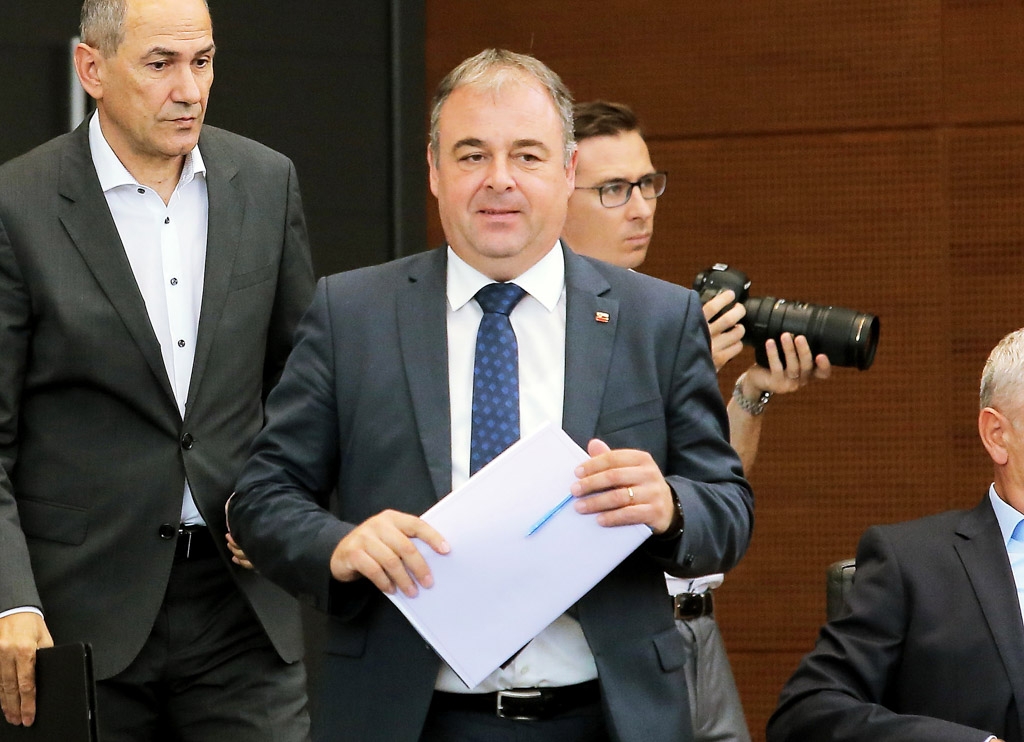The Law on RTV Slovenia stipulates that the National Assembly appoints five candidates to the Supervisory Board of 11 members, taking into account the representation of political parties in parliament.
The practice so far has been that four members come from the coalition and one from the opposition. This has always been the case and even now the largest political party in the country, which is also the largest in the current coalition, the Slovenian Democratic Party (SDS), insists. However, in the mandate of the current government coalition, individuals from the left have argued that the change of supervisors represents a “political takeover of RTV Slovenia”. Danijel Krivec, leader of the SDS group, responds to such allegations that this is not true and that membership in the supervisory board is determined by law and “the appointment of members is a political decision”.
“Given the new political relations, it is unacceptable and politically unhygienic that the largest coalition party has no representative in the RTV Slovenia Supervisory Board,” Krivec said, adding that it was a completely normal procedure. At the same time, he points out that the plurality and balance of reporting are dictated by the program board and not by the supervisory board, “its job is to look after the business of the public institute.”
The coalition suggested that two members of the supervisory board, coming from opposition parties LMŠ and SD, be dismissed. The parliamentary group SDS then appointed its representative and the opposition its member. The government had earlier dismissed three members of RTV Slovenia’s supervisory board and appointed three new members. They dismissed Matjan Medved, Irena Ostroushko and Peter Majer. They will be replaced by Borut Rončević, Anton Tomažič and Drago Zadergal.
One of the initial tasks, of the new Supervisory Board, will be to approve the financial plan of the public institution for the current year. This has not yet been confirmed by the supervisors and therefore the decision on provisional twelfth financing remains in force. The Institute posted a loss of € 3.2 million last year. The Supervisory Board may also propose to the Program Board the dismissal of the Director of the Institute. Changes are also predicted in this world. It is now the case that two-thirds of the program council is controlled by the transition left.
